Due to abuse and/or neglect, there is no trust in others.
Why advocate for the self, if no one can or will help?
Self-advocacy and asking for help are so counter intuitive to the RAD brain and how it works.
Lying, acting out, and so many other behaviors are so much easier and come so much more naturally.
Reactive Attachment Disorder: Teaching Self-Advocacy Skills
Princess has been working on becoming more social, putting herself in situations with peers her age, trying to form friendships.
This has been incredibly hard. RAD behaviors are still there and come out often, pushing others away.
It's come to a point where peers are noticing her differences and confronting her brothers about behaviors and saying unkind things.
Princess has heard these things, because she was within earshot of conversations. She has also felt first hand the dislike peers feel towards her.
Her brothers are fantastic at being kind when speaking about their sister, but can sympathize with peers and what they're experiencing. It puts the boys in an incredibly awkward situation.
We've had discussions at home about how to handle these situations. Dinomite and Bulldozer are only seventeen months apart. Bulldozer and Princess are only eleven months apart. (Princess was adopted.) They will always find themselves in the same social circles.
The boys don't want to be responsible for explaining Princess' behaviors to their friends. They're focusing on forming their own friendships and functioning well in social situations.
Ultimately it's Princess' responsibility to learn to self-advocate and ask for help when she needs it, especially when she's struggling, so she can be successful at forming healthy friendships that are mutual.
In all social situations that Princess is in, there are adults present.
Princess doesn't quite feel comfortable explaining Reactive Attachment Disorder to peers she's attempting to be friends with. It's complicated and very personal.
But, she does feel comfortable explaining RAD to adults and those that follow the blog.
Princess has set the goal to attend multiple camps and other activities this summer, like her older brothers. Other than a couple activities, she will be on her own, attending different weeks than her brothers.
I decided that the best way to help Princess be successful in these situations was for her to write a letter, practicing self-advocacy skills and asking for help, ahead of time, to take with her, to hand out to leaders and counselors at each event.
Princess wrote her letter over the weekend. She shared it with her brothers to see if they thought she might need to add anything else. Mom and Dad also went through it with her to make sure she included as many details as possible.
This is the result! She gave me permission to share this letter.
"To my Youth Leaders and Counselors,
My name is Princess. I would like to explain my struggles in social situations, and how they came to be. In this letter are also some ideas on how to help me, if you see me struggling.
I was put into foster care at six months old. By then I had been physically, emotionally, verbally, and sexually abused by my biological mother and her boyfriend. During that time, I learned to survive by tuning out the world around me and holding in my emotions. Showing emotions meant more abuse.
After my adoption, I was diagnosed with Reactive Attachment Disorder (RAD). Reactive Attachment Disorder is brain damage caused by trauma in the early stages of life. Due to the abuse causing the disorder, I struggle trusting and attaching to other people in healthy ways. Instead, I tend to push people away.
When you observe that I am behaving in a way that pushes others away, please ask me to help with something. I love to help others in any way that I can.
Since I was unable to control when I was abused as a baby, I now subconsciously seek to control everything around me. I am not doing this purposefully. It just happens. This is extremely noticeable when I am in social situations. One of my biggest struggles is surrendering control to others. You may notice I interrupt people often and make myself the center of attention. This happens when I feel unsafe in the moment.
When I am interrupting people and making myself the center of attention, please remind me to write down my thoughts on paper instead of saying them out loud. I will carry a journal and pencil with me. Knowing exactly what is going to happen on the schedule helps me a lot, especially when the schedule doesn’t change.
Being taught new things and accepting help from others is hard because parts of my brain still don’t trust that others won’t hurt me. When I am trying new things and having to accept help from others, you may see defiance and self-sabotage.
If I am being defiant or self-sabotaging, please let me take a break and join the group when I’m ready again. Listening to music on a break helps me so much. This gives me time to regulate and build up courage to try again. I will carry headphones and a media device with me.
I struggle when playing any games that are competitive, especially physical games with other youth. When playing games, I freak out and tend to compare myself to others, tearing myself down. Physical touch from others is very triggering. Encouragement does not help in these situations. To you, I may appear upset and begin to insult myself and others. If I am angry, I may storm off.
I do not want to put myself in a situation where these negative behaviors occur. When games of any kind are being played, I am great at keeping score, managing play money, cheering others on, and fetching balls. Please let me participate by fulfilling any of these roles, instead of competing with others.
I follow a gluten-free diet. Gluten tends to activate depression, anxiety, irritability, and suicidal thoughts in me. Please make sure that a gluten-free option is provided at all meals, snacks, and activities. If this is not possible, please tell me ahead of time, so my mom can make sure I have another option.
Over the past several years, I have worked very hard to change behaviors and help my brain heal. I am aware that many around me struggle with my behaviors. Keeping myself from misbehaving is one of my top priorities when around other youth. Please help me. If you notice me having problems, please don’t hesitate to call and ask my mother what to do.
Thank you!"
Princess printed out copies of the letter and signed it. She handed it out to her leaders at church on Sunday. On Monday she handed it out to all of her camp counselors.
The process of handing out letters went fabulously well. Princess felt so empowered. During the short time she was at camp this week before having a severe panic attack, her counselor was fabulous at helping Princess in all of the situations mentioned in the letter.
Princess wanted to share her letter and process in hopes that it will help others with Reactive Attachment Disorder or RAD self-advocate and ask for help.
For those that would like more Reactive Attachment Disorder Resources and Support, be sure to subscribe to our free newsletter by clicking the link below.
If you liked this post, you may also enjoy the resources below.

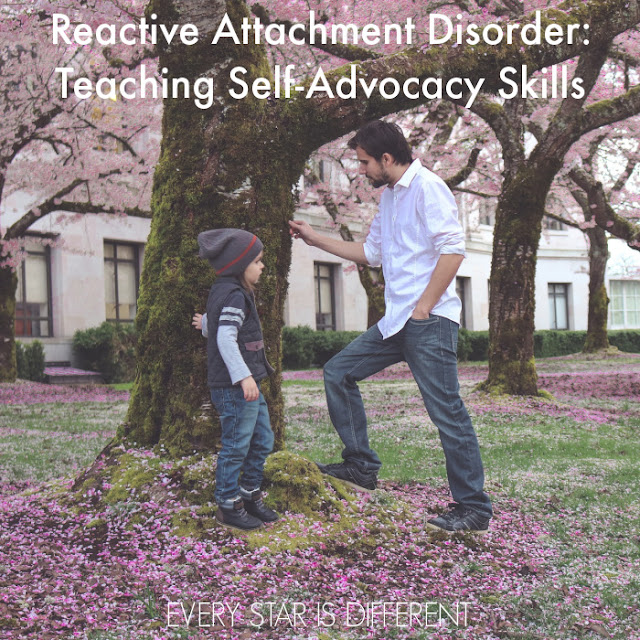
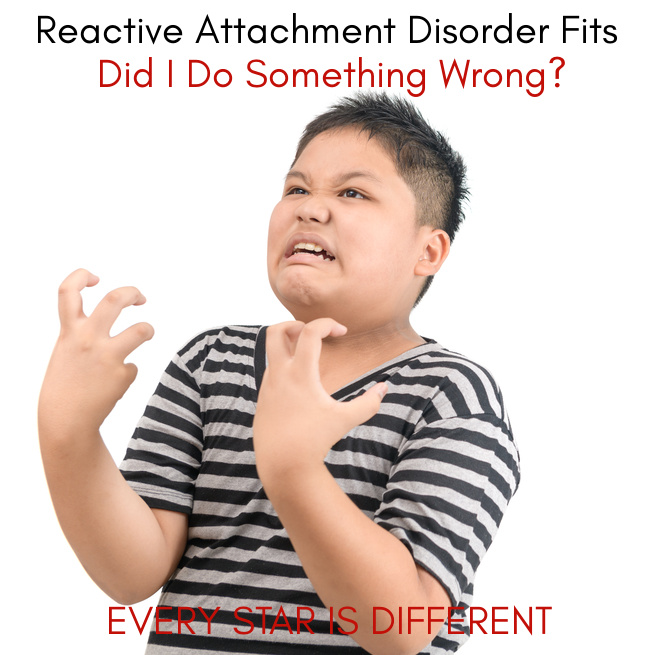




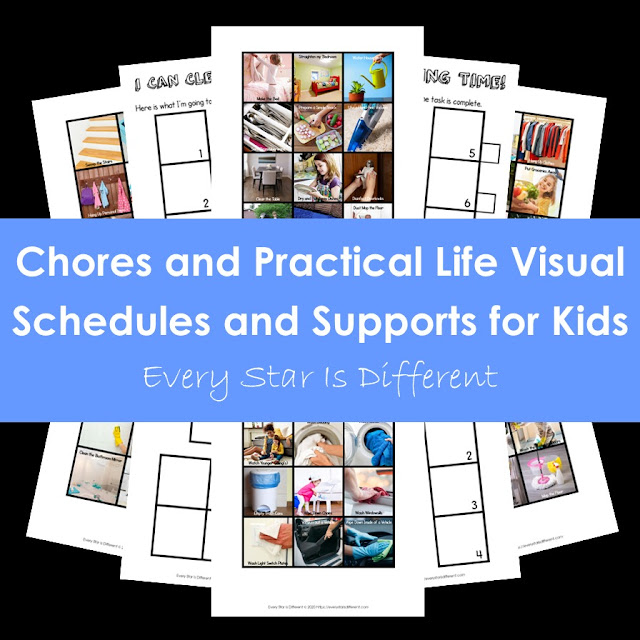

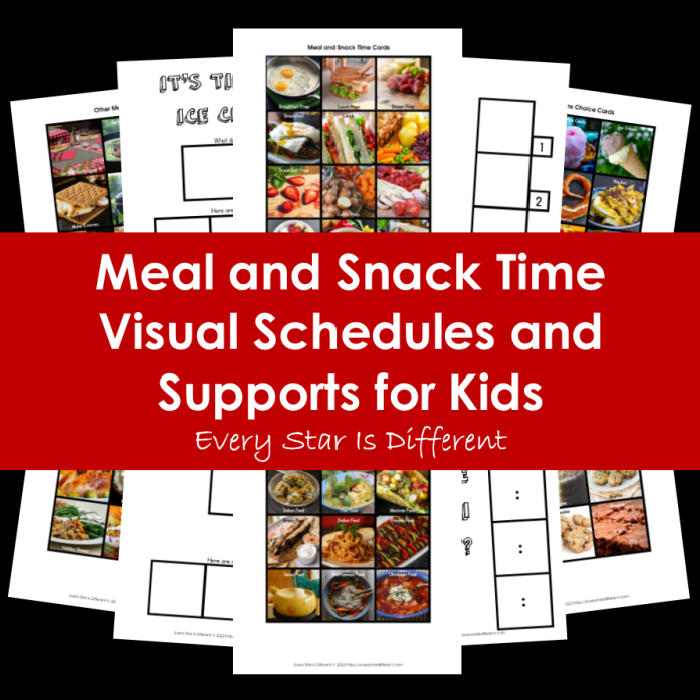
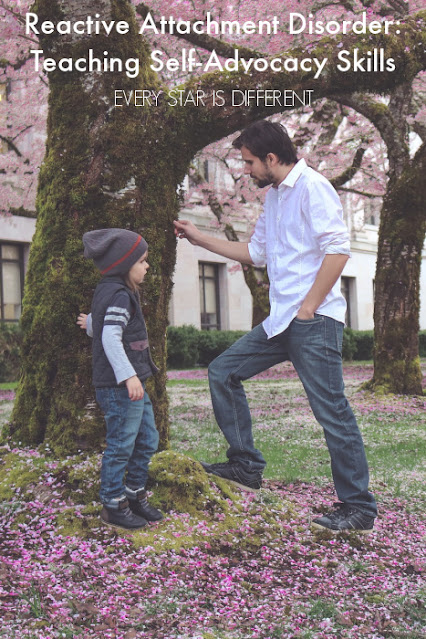
No comments:
Post a Comment